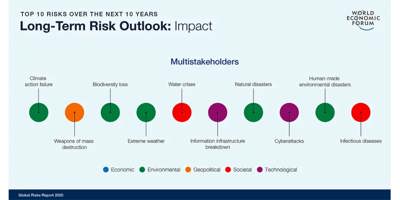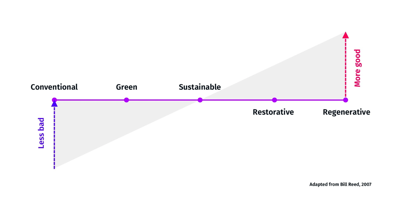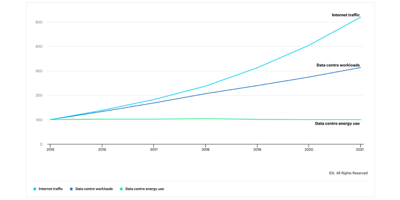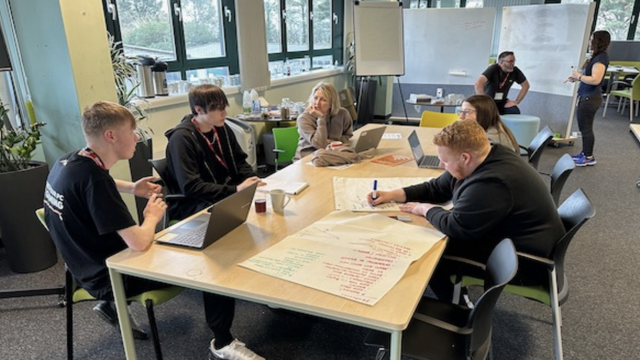Estimated page impact: 0.55g CO2e per page view
We’re in a climate and ecological emergency.
Pockets of individual and local activism have turned into worldwide protests and civil disobedience over the past 18 months. Organisations with positive environmental credentials firmly rooted in their culture have been joined by councils, governments, multinational corporations and regulatory institutions in proclaiming what they will do to reduce their impact on the planet. Whilst public feeling and investigative scrutiny is increasing on governments, local authorities, private organisations and charities.
The risk to the health of all inhabitants of our planet is well documented, but the financial impact is now also starting to become researched and accepted. Companies with clear, certified plans for reducing their impact on the planet are outperforming peers by 5% on the stock market.

For the first time in its 15 year history the World Economic Forum has listed environmental risks as the five most likely to cause damage to the world economy.
Changing the language

It’s important to consider that being less bad simply won’t be enough. Given the type of organisation, it may seem more or less obvious where an impact can be made. For example, The National Trust publicly announced their plans to be carbon neutral by 2030 in January 2020. Recognising that whilst they are regenerative to the environment e.g. restoring ancient woodland, there are still many ways they can be less bad e.g. reducing the impact of their website.
However, a less obvious source of CO2e emissions is digital activity. Due to the out of date and unreliable research there is much disagreement about the overall impact of the digital industry, exacerbated by the blurred boundaries of what constitutes the digital industry. The most widely accepted, and peer reviewed research, shows that between 2010-2015 the global digital industry was responsible for 1.4% of global emissions. Included here are user devices, networks and data centres. This puts it on a par with the aviation industry.
There is also another important context for this discussion. Firstly, the emissions from the digital industry are inextricably linked to the energy mix of the planet. If the energy industry decarbonises, the emissions from the digital industry will decarbonise, which is why the comparisons to the aviation industry could be misinterpreted.
Secondly, the powerhouses of the digital industry, hyperscale data centres, have become impressively efficient in the face of enormous growth in demand.

IEA, Global trends in internet traffic, data centre workloads and data centre energy use, 2015-2021, IEA, Paris
However, and thirdly, this innovation has not been matched by innovation elsewhere in the elements that make up the internet and wider digital industry. Despite a nearly 400% increase in internet traffic, data centre energy use at data centres has stayed consistent with what it was in 2015. This isn’t altruism on part of the tech giants, it’s the only way they can sustain the race to decrease prices for their services and shut out start up and niche players. But it does emphasise that those using the data centres directly (organisations) and indirectly (consumers) need to radically change.
Therefore it is imperative that in line with the physical industry emissions and waste crises we find ourselves in, unnecessary digital consumption and inefficiencies are reduced. It is crucial for organisations to be transparent in this area.
Catch up on the previous article in the series here and read up on how websites cause emissions in our next piece.
Latest stories
Transformation is for everyone. We love sharing our thoughts, approaches, learning and research all gained from the work we do.

An epic hackathon with students from City College Plymouth
Discover how we’re empowering students, fostering creativity and building digital skills for the future.
Read more
B-cause businesses can and should do better
Sharing how our commitment to serving all our stakeholders extends beyond B Corp certification
Read more
B Corp, B-cause change starts within
It’s B Corp Month, and we’re sharing a look at what we think it means to be a B Corp. This way forward!
Read more

